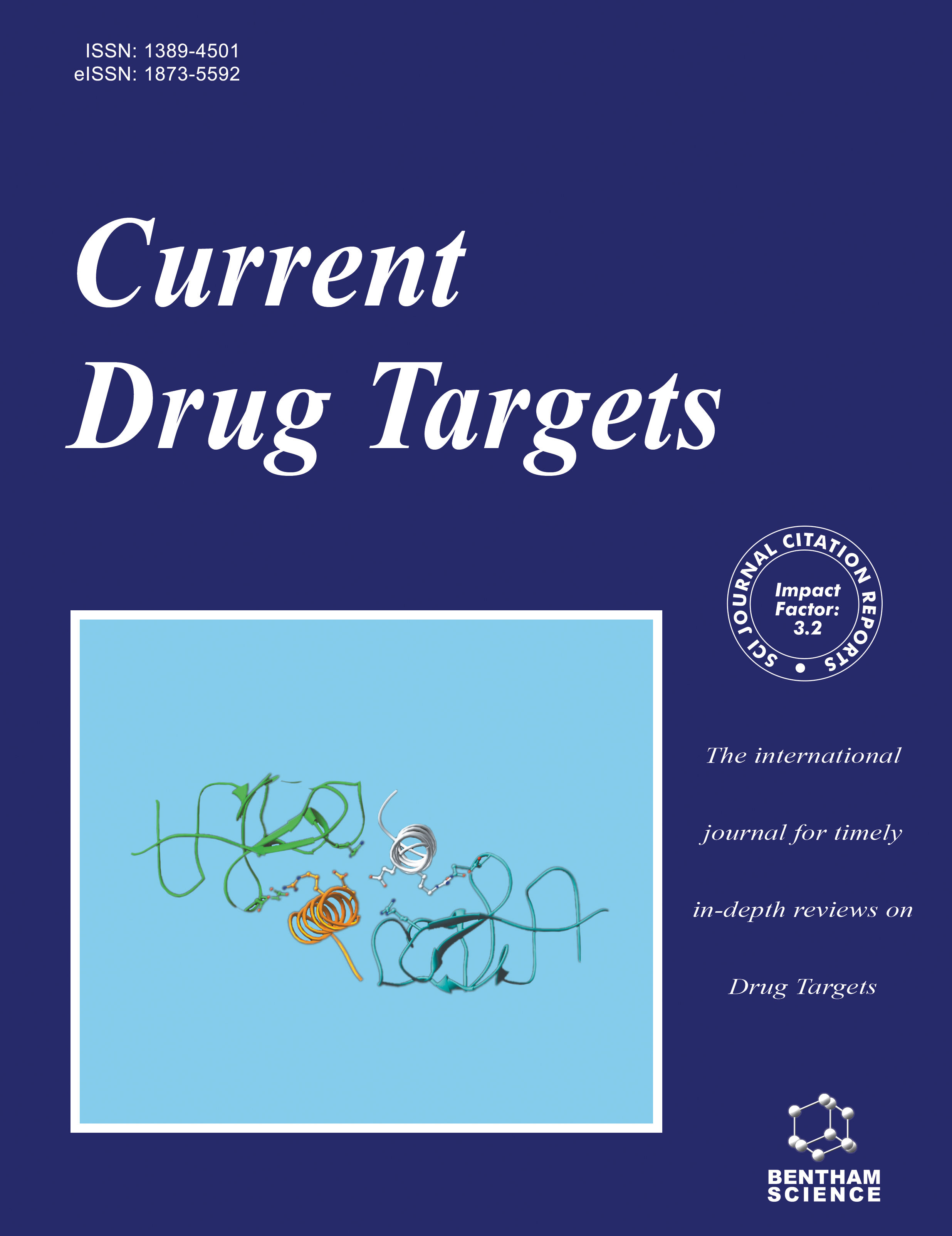-
oa Activated Protein C and Acute Kidney Injury: Selective Targeting of PAR-1
- Source: Current Drug Targets, Volume 10, Issue 12, Dec 2009, p. 1212 - 1226
-
- 01 Dec 2009
Abstract
Protein C is a plasma serine protease that when activated plays a central role in modulating the function of the vascular endothelium and its interface with the innate immune system. Activated protein C (APC) has a dual mechanism of action via the feedback inhibition of thrombin generation, and as an agonist of protease activated receptor-1 (PAR-1). Through different cofactor interactions, this dual mechanism of antithrombotic and cytoprotective activity results in the ability of APC to modulate endothelial dysfunction by blocking cytokine signaling, functional cell adhesion expression, vascular permeability, apoptosis, and modulating leukocyte migration and adhesion. Deficiency in protein C, which occurs during systemic inflammatory activation, is highly associated with organ dysfunction. APC has shown efficacy in a number of preclinical models of thrombosis and ischemia, and the recombinant human APC drotrecogin alfa (activated), reduces mortality in patients with high-risk severe sepsis. The ability of APC to suppress pro-inflammatory pathways and enhance cellular survival suggests that APC plays a key role in the adaptive response to protect the vessel wall from insult and to enhance endothelial, cellular, and organ survival. The focus of this review will be to summarize the emerging data suggesting the potential therapeutic benefit of APC and related members of the pathway in the prevention and treatment of acute kidney injury.


